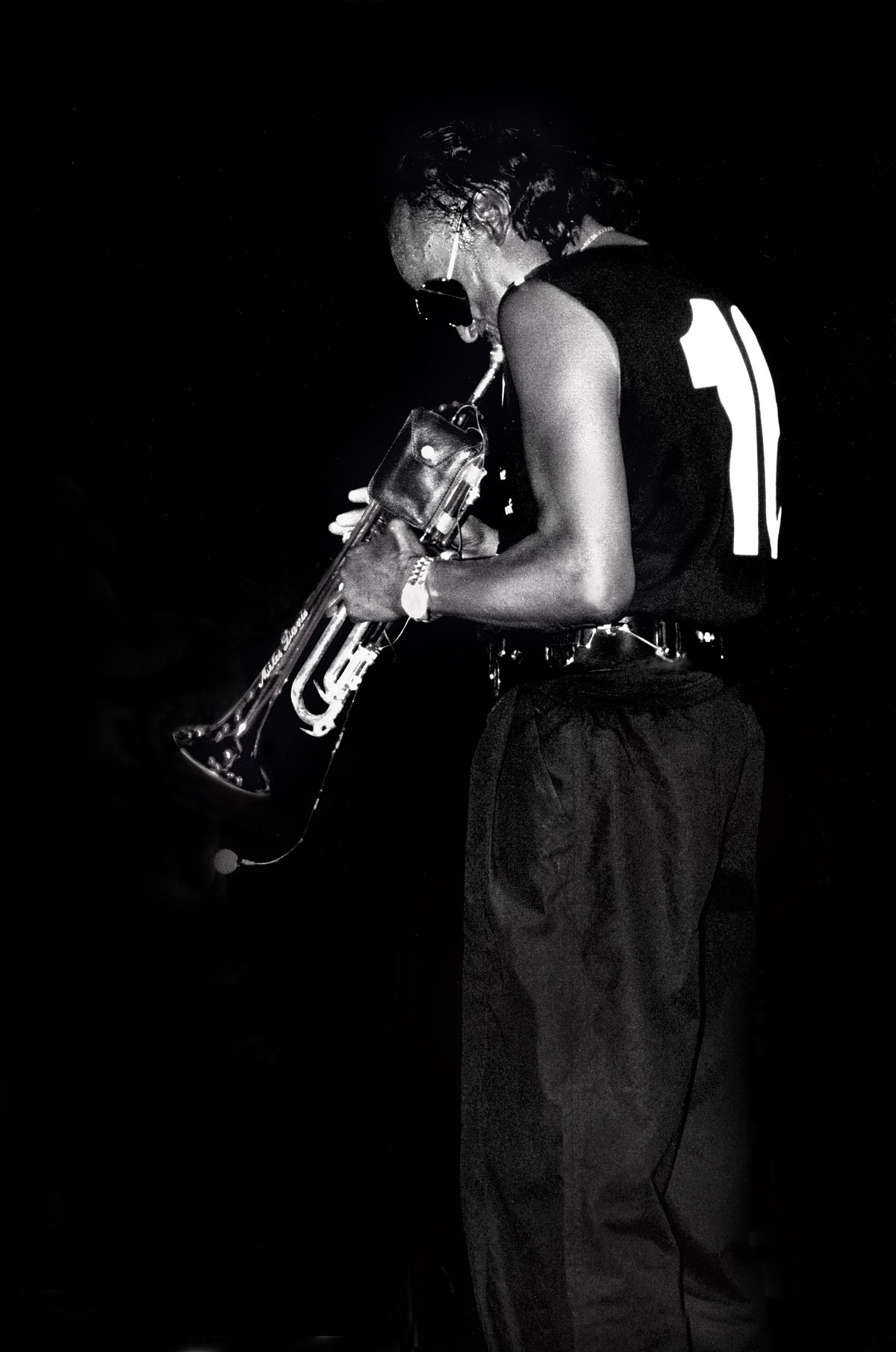Did Miles Davis Play Saxophone?
As a proud graduate of Berklee College of Music, I often find myself engaging in passionate discussions about the legendary Miles Davis. One question that frequently arises, especially among people who don't listen to jazz, is whether Miles Davis ever played the saxophone. This query might seem straightforward, but the answer lies in a nuanced exploration of Davis's musical journey, my own experiences, and the broader context of jazz evolution.

Did Miles Davis Play Saxophone?
No, Miles Davis played trumpet. There are no recordings of Miles Davis playing saxophone.
Let's set the record straight from the outset – Miles Davis was not a saxophonist. His virtuosity lay in the realm of the trumpet, an instrument he mastered with unparalleled finesse. From his early days in the bebop scene to his groundbreaking work in modal jazz and fusion, Davis's trumpet playing was revolutionary. As a professional musician, I can attest to the awe-inspiring influence Davis had on generations of trumpet players, including myself.
I vividly remember the first time I delved into Davis's discography during my years at Berklee. The sheer brilliance of his phrasing, the emotive quality of his tone, and the daring improvisations left an indelible mark on my musical sensibilities. It was through his trumpet that I discovered the essence of cool jazz and the avant-garde, both of which played a pivotal role in shaping my own approach to music.
While Davis may not have been a saxophonist himself, his bands often featured some of the most iconic saxophonists in jazz history. John Coltrane, Wayne Shorter, and Cannonball Adderley are just a few of the luminaries who collaborated with Davis over the years. Their contributions were integral to the evolution of Davis's sound and the genre as a whole.
If you are interested in learning music check out our Music Lessons in Denton.
As a musician, I've had the privilege of performing in various ensembles, and I can attest to the dynamic interplay between different instruments. The saxophone, with its rich timbre and expressive capabilities, added a layer of complexity to Davis's compositions. The collaborations between Davis and his saxophonists created a musical dialogue that transcended traditional boundaries, pushing the boundaries of what was thought possible in jazz.
To understand why some may associate Davis with the saxophone, one must appreciate the evolution of jazz during his career. The bebop era, characterized by intricate and fast-paced improvisations, saw the rise of saxophonists as dominant figures. Charlie Parker, the iconic alto saxophonist, was a key figure in this movement. Davis, as a trumpeter in the bebop scene, was undoubtedly influenced by the saxophone-centric nature of the genre.
However, Davis's career unfolded during a period of constant innovation and experimentation in jazz. As the 1950s gave way to the 1960s, he embraced modal jazz, a departure from the complex chord progressions of bebop. This shift in approach highlighted Davis's commitment to pushing the boundaries of the genre, further solidifying his status as a visionary.
In my own musical journey, I've drawn inspiration from Davis's willingness to explore new territories. It's a mindset that Berklee instilled in me – the idea that innovation and evolution are essential components of artistic growth.
The misconception about Miles Davis playing the saxophone might stem from the visual aspect of his performances. Davis was known for his enigmatic stage presence, often seen with his trumpet angled downward, his back to the audience. This stance, while iconic, may have contributed to the confusion, leading some to question if he wielded a saxophone.

As a performer myself, I recognize the power of stage presence in shaping audience perceptions. The image of Davis, with his muted trumpet and unmistakable silhouette, remains etched in the collective memory of jazz aficionados. It serves as a testament to the profound impact not only of his music but also of his ability to create a mystique around his persona.
In conclusion, Miles Davis did not play the saxophone, but his influence on the instrument is undeniable. As a Berklee graduate and professional musician, I can attest to the transformative power of Davis's trumpet playing and his enduring impact on the world of jazz. The myth surrounding his alleged saxophone prowess serves as a reminder that the boundaries of artistic expression are often blurred, and legends like Davis continue to inspire us to explore new frontiers in music.
If you like this check out our article: Top 10 Laufey Songs: The Best Laufey Songs
